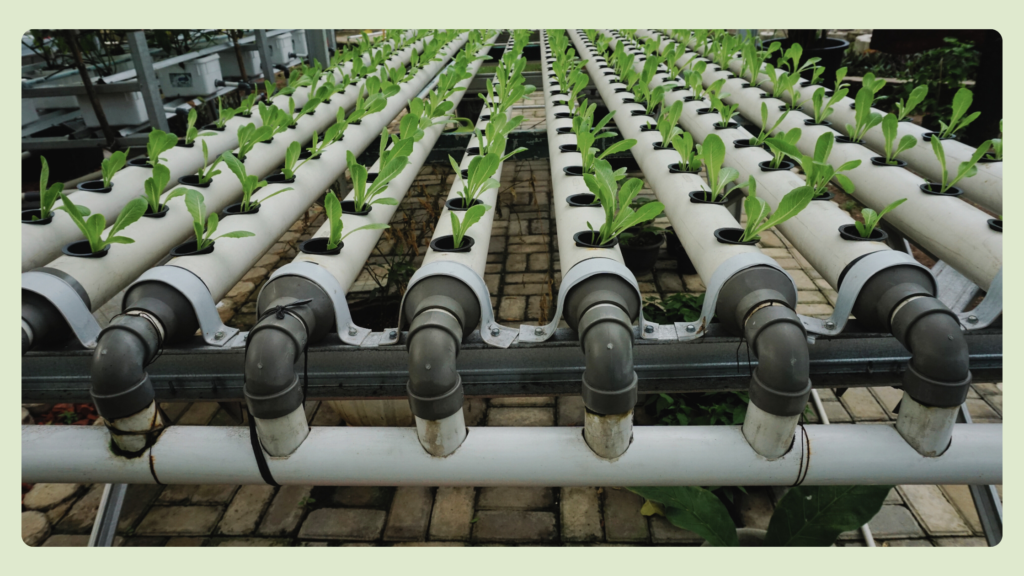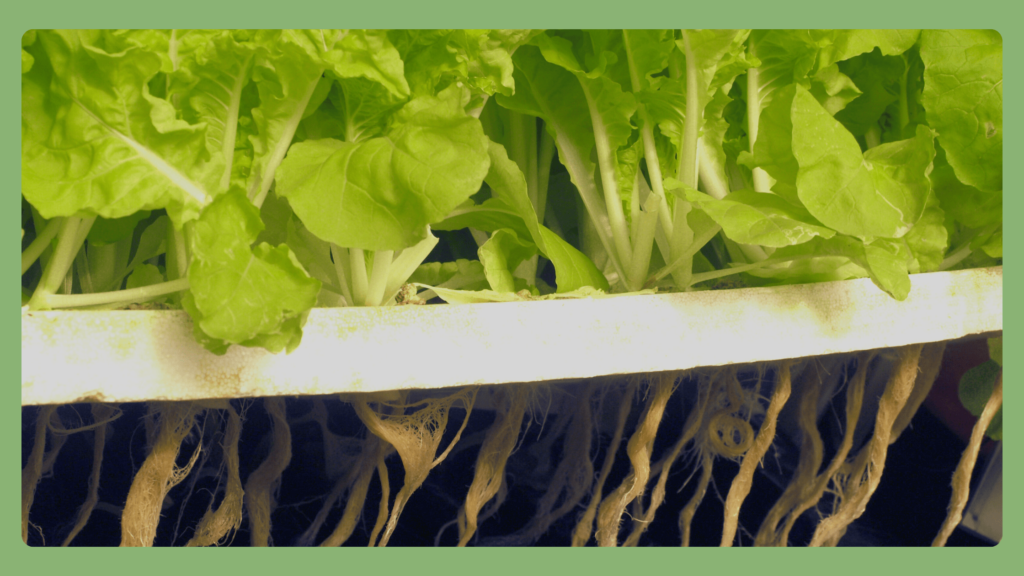The fertilizer requirements of sunflowers are high. In this article, we will see the fertilizer requirements for sunflowers.
Sunflower is an important crop that yields sunflower seeds, from which we extract sunflower oil. Sunflowers are the largest source of cooking oil in the world. It is important that this crop is cultivated with extreme care and is well-nourished.
Important Nutrients for Sunflower
- Nitrogen: As essential nitrogen is for sunflowers, you just need to add 30-80 kg per hectare to the soil. Extreme levels of nitrogen in the soil can lead to improper growth with more vegetative parts than flowers.
- Phosphorus is necessary for flowering, production of reproductive parts of the plant, seed formation, and overall growth of the plant. An adequate amount of this nutrient ensures more oil in the seeds.
- Potassium is one of the essential nutrients for the plant. Sunflowers get their dose of this nutrient directly from the soil and the soil should have an abundant amount of it as well. It takes 100-150 kg per hectare of potash to enrich the soil.
- Sulfur in sunflowers boosts nitrogen metabolism and is important for higher yield as well. It is also essential for high oil content in the seeds. Deficiency of this nutrient is often seen as the yellowing of leaves with chlorosis.
- Boron is important for high yield as it is essential for pollination and thus the production of seeds.
- Manganese is required for the proper absorption of other nutrients and protein metabolism in sunflowers. It is required in high quantities, 50-80 kg per hectare is the usual amount.
Fertilizer Requirements for Sunflowers
There are several types of fertilizers available in the market. What makes a real difference and does not cause any harm to the environment will be organic feed such as manure and compost. Using beneficial microbes helps the plant its necessary nutrients naturally.
When using manure, enrich the soil before planting the crops. They must be added regularly into the soil followed by a good amount of watering. You can find varieties such as chicken or horse manure, vermicompost, seaweed, fish emulsion, etc to choose from.
NPK fertilizer and other artificial types should be the last priority. They may be useful to the plants but can be harmful to the environment. These must be added only if you find the soil is lacking the necessary nutrients or if the plants are visibly struggling.
When to Fertilize?
It is crucial to use the right type and amount of fertilizer. Equally important is when you supply them. The initial growing period is the time when you need to feed nutrients to sunflowers. They demand high during this period and proper care during this period will reward you in later periods.
Fertilizers in the early summer are usually the growing days, it helps the plants to prepare well with healthy leaves and grow properly. The mid-summer season is for blooming and nourishment at this time develops healthier flowers in number.
Similarly, feeding phosphorus during the growth days improves the general growth of the root system enabling faster growth. Nitrogen is fed in the winter season when the growth is generally slow.
How to Fertilize?
Sunflowers are heavy feeders that require frequent feeding in their growing days. The nutrients are better provided in liquid form so that it is easier for the plants to absorb them. They are mixed in required quantities per hectare rather than on a per-plant basis.
Macronutrients such as NPK are fed occasionally but the micronutrients may be fed regularly, every week if needed. The ratio they are used in is 20-30-20 for rainfed fields and 40-60-40 for irrigated fields.
The inorganic nutrients will be needed when sunflowers are growing in the same field for consecutive years. Soil tilling must be done properly. Feeding nutrients should be followed by proper watering and mixing of soil to ensure that they are within the reach of the roots.
Conclusion
Nutrients must be fed in stages as required. Nitrogen and phosphorus are needed in the early growth period while other nutrients are required at the later stages. They are required in smaller quantities.
It is important to have a soil profile to understand the abundance or deficiency of each type of nutrient. Overfeeding sunflowers will not help you. You will get a high yield when the nutrients are fed at optimal levels.




